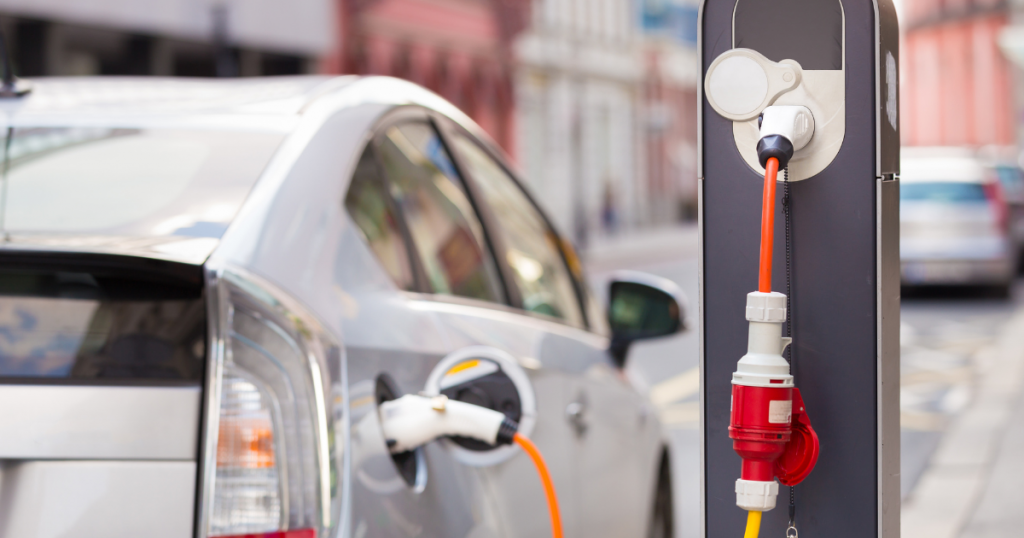
Grants are available from the Office of Zero Emission Vehicles (OZEV) for the purchase of electric vehicles (EVs) and the installation of charging points for both individuals and businesses.
What EV grants do the government offer?
Four grants are being made available right now by the Office for Zero Emission Vehicles (OZEV) to help pay for electric vehicles and EV chargers. These are:
- Plug-in Car Grant (PICG) – discount on the purchase of a new low-emissions vehicle.
- Electric Vehicle Homecharge Scheme (EVHS) – grant covering the expense of installing charging points at home.
- Workplace Charging Scheme (WCS) – assists companies with the initial expense of installing chargers.
- On-street Residential Chargepoint Scheme (ORCS) – assistance for local authorities keen on setting up on-street residential vehicle chargers.
Plug-in Car Grant (PICG)
This grant is provided via car manufacturers and dealerships, who then pass the savings along to customers. The vehicles must be on the government’s list of authorised vehicles.
You get the following price reductions:
- Cars– up to 35%, capped at £1,500
- Mopeds – up to 35%, capped at £150
- Motorcycles– up to 35%, capped at £500
- Small vans– up to 35%, capped at £2,500
- Large vans – up to 20%, capped at £5,000
Electric Vehicle Homecharge Scheme (EVHS)
For homeowners (including those with mortgages) who reside in single-unit properties like bungalows and detached, semi-detached, or terraced housing, the Electric Vehicle Homecharge Scheme (EVHS), which assists plug-in vehicle owners offset up to £350 of their home EV charger, ended on 31st March 2022.
However, the scheme remains open to homeowners who live in flats and people in rental accommodation (flats and single-use properties).
These are the requirements to make a claim:
- Have a home with off-street parking.
- Have an electric vehicle that is eligible. Check eligibility here.
- Choose an authorised charger and installer to complete the job.
Workplace Charging Scheme (WCS)
The Workplace Charging Scheme (WCS) is a voucher-based initiative allowing employers to install chargers for electric vehicles. It can pay for up to 40 sockets at a maximum of £350 per socket, or up to 75% of the total cost.
When submitting a WCS application, keep the following three things in mind:
- Your business is required to have a Companies House Reference Number.
- You must own the business premises or have the landlord’s permission to install the chargers.
- You must use an authorised EV charger installer.
On-street Residential Chargepoint Scheme (ORCS)
Local authorities can receive funding from the On-street Residential Chargepoint Scheme (ORCS) to help with the expense of installing on-street residential electric vehicle chargers. This is ideal for those without access to off-street parking.
An allocated pot of money for the programme, which is handled by the Energy Saving Trust (EST) for OLEV, is made available to local authorities on a first-come, first-served basis.
If you’re interested in any of these available grants, AIT Accountants can help smooth out the process by helping you apply to the applicable schemes. Get in touch with us at enquiries@aitaccountants.co.uk. You can also read more surrounding electric vehicle P11D, capital allowances & VAT rules.
0 Comments